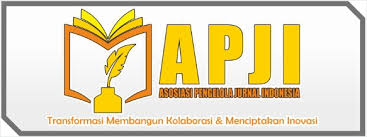Gamification in Education: Enhancing Student Engagement in the Digital Age
DOI:
https://doi.org/10.70610/edujavare.v2i2.796Keywords:
Competition, Educational Outcomes, Gamification, MotivationAbstract
The integration of gamification in education has emerged as a promising approach to enhance student engagement and motivation, particularly in the digital age. However, despite its growing popularity, concerns persist about its long-term effectiveness and alignment with educational objectives. This study aims to explore the impact of gamification on student engagement and learning outcomes in a secondary school setting while also addressing potential challenges in its implementation. A qualitative case study design was used, employing semi-structured interviews with students and teachers, classroom observations, and analysis of lesson plans over three months. The findings revealed that gamification significantly increased student motivation, with students expressing greater enthusiasm for learning, particularly in traditionally challenging subjects. Additionally, gamified elements such as points, badges, and leaderboards contributed to increased active participation and collaboration among students. However, competition and the focus on extrinsic rewards created stress for some students, affecting their overall learning experience. The study concluded that while gamification can enhance short-term engagement and motivation, its long-term impact requires careful design to ensure alignment with educational goals. This research contributes to understanding gamification's role in education by highlighting its potential benefits and challenges, providing valuable insights for educators seeking to implement gamification effectively.
Downloads
Published
How to Cite
Issue
Section
License
Copyright (c) 2024 EDUJAVARE: International Journal of Educational Research

This work is licensed under a Creative Commons Attribution-NonCommercial-ShareAlike 4.0 International License.
License: CC BY-SA 4.0 (Creative Commons Attribution-ShareAlike 4.0 International License)









